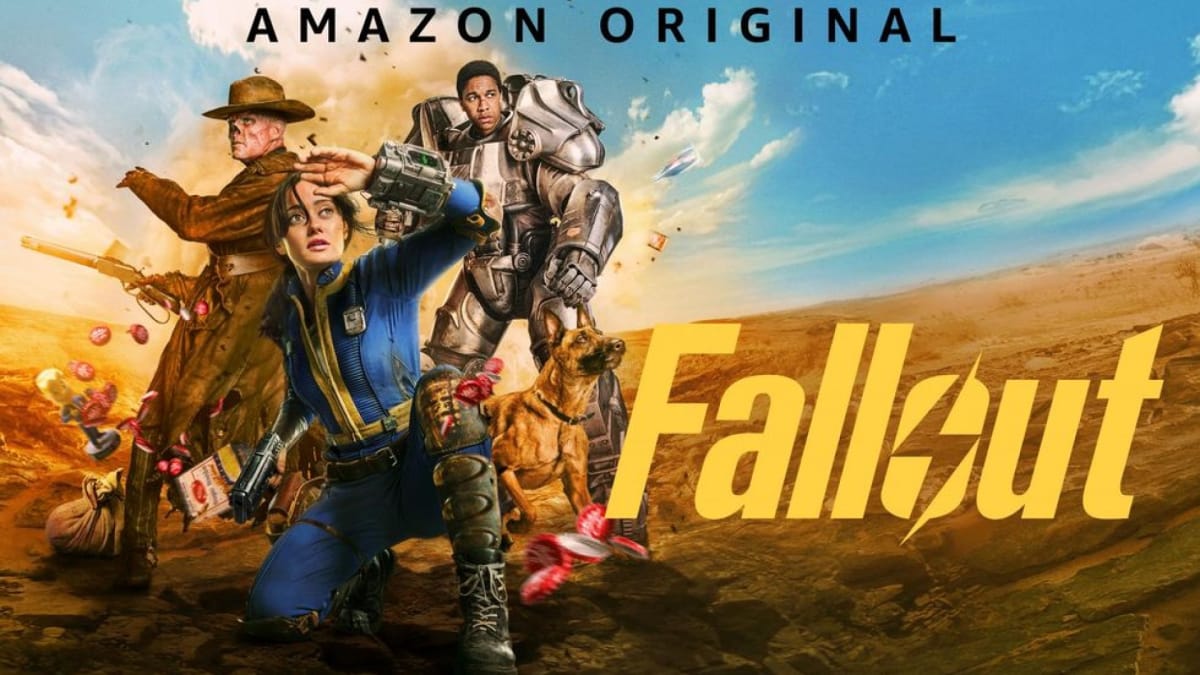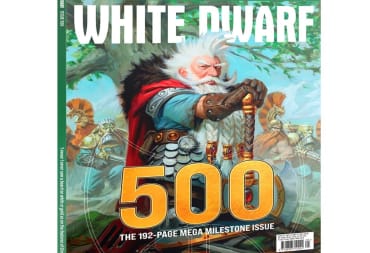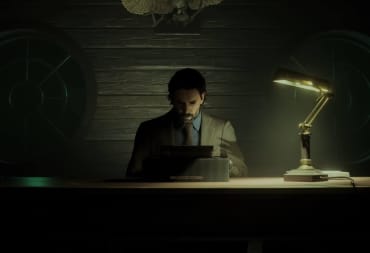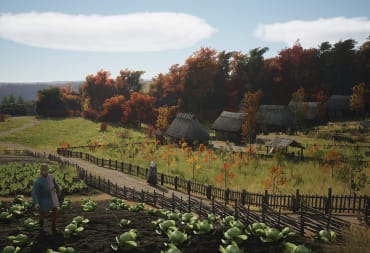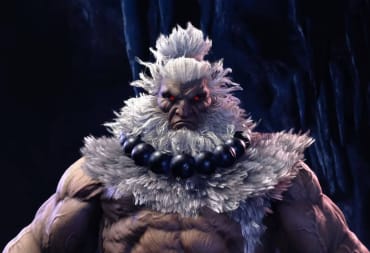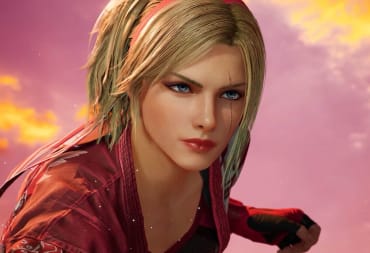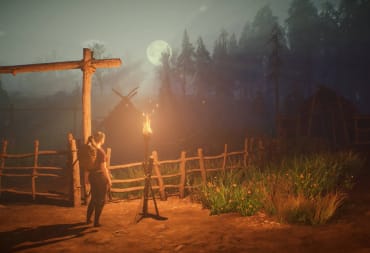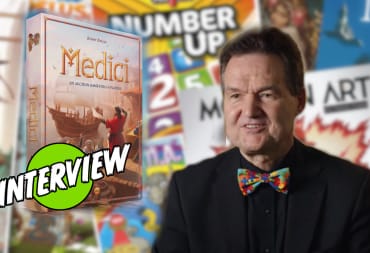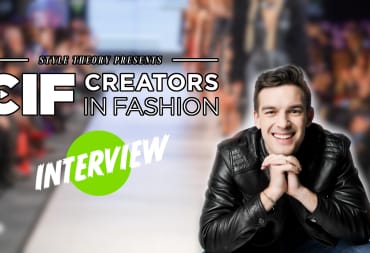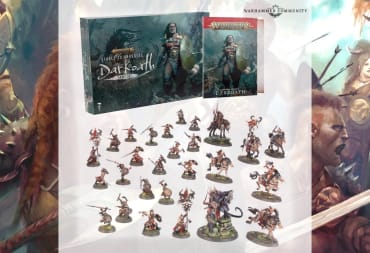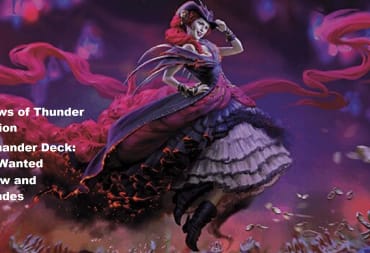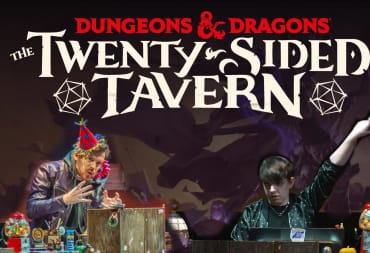Fallout Season One marks another high-profile adaptation of beloved videogame properties into prestige streaming TV. It is a trend of peaks and valleys. There's the acclaimed first season of HBO's The Last of Us and Netflix's Arcane... and there are the messy two seasons of Paramount+'s Halo.
But adapting Bethesda's sci-fi RPG series contains its own unique set of challenges. The setting has a distinctly analog 1950s pulp aesthetic, one that requires a keen eye to get right. It's a deceptively dense universe packed with cutting-edge social commentary and dark comedy around war, patriotism, rampant capitalism, human nature, and geopolitical paranoia. It is also a franchise driven more by its setting than its characters.
The good news is that the production team on this adaptation gets what makes Fallout so potent. Amazon Video has built a reputation on violent, subversive fare with works like The Boys. Executive Producer and Showrunner Jonathan Nolan is adept at presenting big ideas to general audiences thanks to his helming shows like Person of Interest and Westworld. Finally, developer Bethesda Softworks and Game Director Todd Howard were involved in the production, helping to maintain authenticity in production design.
In a media landscape driven by adherence to recognizable IP, I was not surprised that Fallout Season One looked and sounded like the source material. What did surprise me was everyone involved made a genuinely gripping season of television. This is thanks in part to strong characters brought to life by good actors combined with strong visual storytelling.
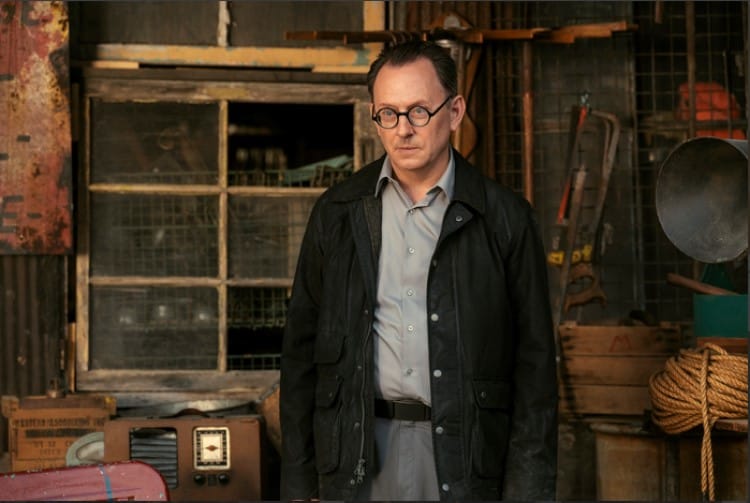
Fallout Season One: What Makes Them So Special?
For those not familiar with the setting of Fallout, the first five minutes of episode one is a horrifying crash course. It is set in an alternate history future where the USA embraced atomic energy and never moved past its 1950s jingoism. This leads to technology advancing in fantastic yet strange ways, American culture calcifying into blind patriotism and upper-middle-class consumerism, and the end of the world by total atomic annihilation.
Fast-forward over 200 years and the earth is overrun with radiated mutants with the last vestiges of humanity banded together into different groups; fighting not just for survival but for who will lead the future of the world.
Each of the show's three leads is from these factions. Lucy Maclean (Ella Purnell) is a Vault Dweller, one of the lucky few who grew up in an elaborate bomb shelter. She was raised to believe she is the greatest hope for rebuilding America after the apocalypse. When a group of raiders kidnaps her father (Kyle Machlachlan), she leaves her sheltered life and experiences the harsh reality of the wasteland herself.
Maximus (Aaron Moten) is a recruit in the Brotherhood of Steel, a militant authoritarian group focused on collecting pre-war weapons and technology. Maximus is sent on a mission to recover a scientist who has stolen a potent piece of tech, one that could change the world.
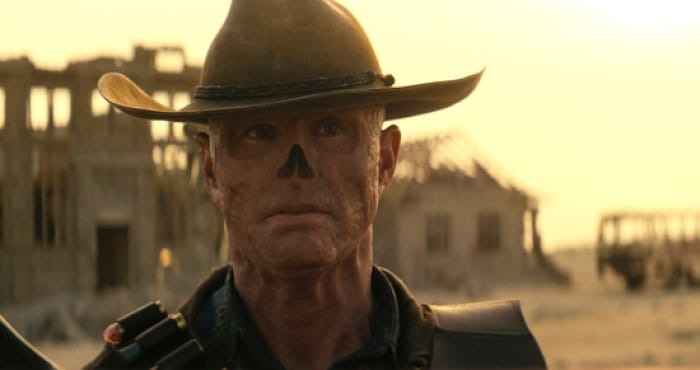
Lastly, there is Cooper Howard (Walton Goggins), a gunslinging ghoul bounty hunter who is after the scientist. Naturally, the scientist, the tech he stole, and Lucy's kidnapped father are all somehow connected; leading to stand-offs, alliances, betrayals, complications, and confrontations across the Wasteland.
Hands down, these three leads are what makes Fallout Season One work so well. Lucy is idealistic and diplomatic but can defend herself when the hot lead starts flying. Maximus is a reactive opportunist, willing to say and do whatever it takes to get what he wants. Cooper is the violent sadist, pumped up full of chemicals and ready to blast heads off at a moment's notice.
The entire cast is fantastic but special mention must go to Goggins' performance. Not only does he steal every scene he's in through ghoul make-up, his character is a walking metaphor of toxic nostalgia. He is a relic of the past, the childhood fantasy of the righteous cowboy, worn down into an ugly ruthless cutthroat by the cold reality of history.
But beyond that initial impression, the main cast brings so much nuance and texture as the season continues. Despite getting the teeth knocked out of her mouth multiple times, Lucy maintains a strong moral compass and even manages to change some hearts and minds through her selflessness. Maximus is a cutting deconstruction of militant fascism from a place of deep vulnerability; a scared boy wanting the security and luxury that comes with power and privilege. Even Cooper, the jaded killer, has layers to him as his past is pieced together throughout the season.
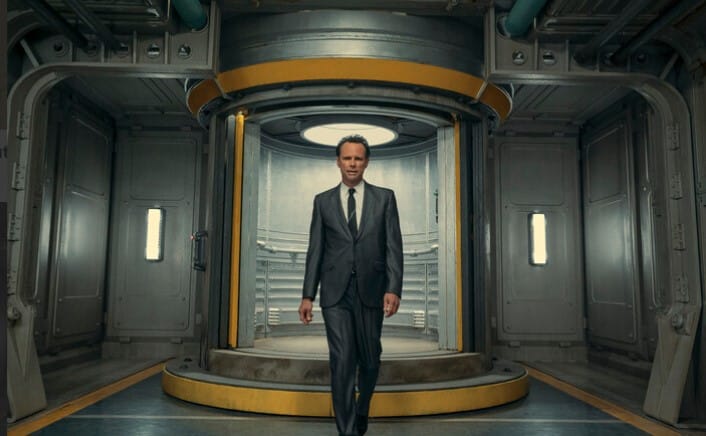
Fallout Season One – Getting Sidetracked
The strength of the main cast helps address a unique challenge that comes with adapting Fallout to TV. The draw of the series has been exploration and discovery. Piecing together history about the old world, scavenging for precious resources, and stumbling into fights with strange and unusual people. There is a central plot in these games, but they are swiftly lost in the shuffle.
Showrunner Jonathan Nolan decides to emulate this loose structure in Fallout Season One. The result is a straightforward first half, packed with forward momentum and character intrigue. Whereas the second half introduces complications, extended flashback sequences, and intertwining side stories. A character even says getting “sidetracked by bullshit” is the Golden Rule of the Wasteland. It's a smart trade-off since it lets character dynamics take center stage over the logistics of chasing macguffins.
These character interludes are where Fallout Season One goes from good to great. Amazon Video has a reputation for their exclusive series being violent, transgressive, and cruel. The Boys' bitter resentment at superhero media saturation, current events, and sanitized corporate spin. Invincible's humanistic storytelling crashes against shockingly realistic comic book hyperviolence. But Fallout doesn't fall into complete nihilistic misery. There are flashes of humanity throughout the characters' journeys. Not only does this make the violence more visceral, but it also makes every small victory feel earned.
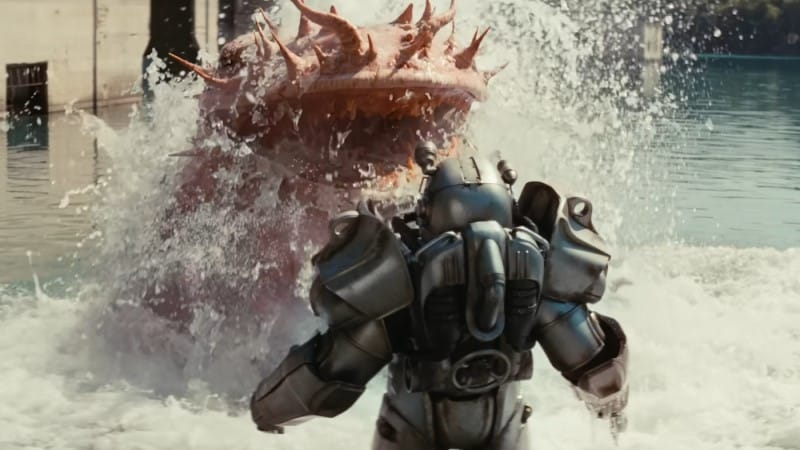
Fallout Season One – Strange Tales
The season's second half is where the odd pulpy sci-fi roots of the setting are shown off. Giant radiated cockroaches. Settlements built out of reclaimed pieces of the old world. The unusual consequences of certain Vault denizens interacting with Wasteland natives.
It is where some of the limitations of TV production show through. There is noticeably dated CGI with some creatures. Aside from two settlements and Vault interiors, scenes set in the Wasteland alternate between blasted deserts and abandoned overpasses. If you enjoy how the games show people living out of unconventional places like old motels or theme parks, you may be disappointed.
But where the show excels is the flashback sequences. It is a genuine treat to see the world before the end, and the costume and set designers nailed every single scene. It is where the show is at its loudest with its central themes.
There is a part in the season finale where a character utters the franchise's most enduring tagline, “War never changes.” In lesser productions, it could have been seen as hollow fan service; a rote citing of a catchphrase to mollify a fanbase. But as a culmination of everything that happened in eight hours of television, it hits with the weight of an atomic bomb.
Overall, Fallout Season One is a fantastic adaptation of the sci-fi franchise and a great introduction for those not familiar with the source material. It tells an original story with strong characters while bringing the spirit of the series to life. Bring on season two.
Have a tip, or want to point out something we missed? Leave a Comment or e-mail us at tips@techraptor.net
